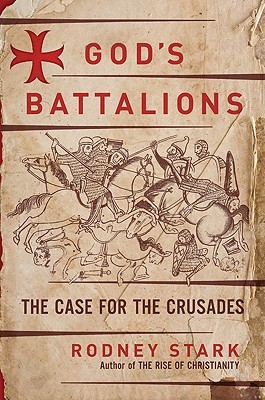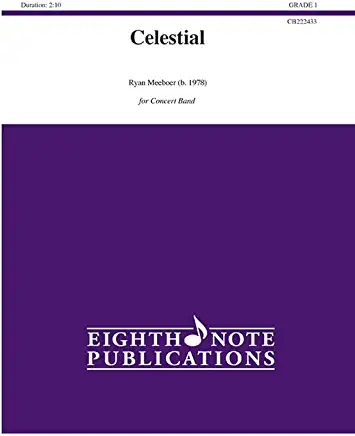
Carleton, Gregory
product information
description
ernational crisis of the Victorian era, and a modern war of rifles, railroads and telegraphs. As it raged, two writers embedded in the conflict-the young Russian officer Lev Tolstoy, and William Howard Russell, an Irish correspondent for The Times-brought the horrors of trench warfare home to the public for the first time. Crimea transformed how we understand war. Stripping away the romanticism of the Napoleonic era, Tolstoy and Russell exposed government lies and cover-ups as their nations descended into the first quagmire of the modern age. Their writing shocked readers, revealing that their loved ones were dying needlessly. Between this reporting and soldiers' own writings, the world was witnessing an unprecedented showdown between the voices of private individuals and their rulers. Tolstoy and Russell paid dearly for their honesty, but their legacy of confronting the powerful endures. Crimean Quagmire is the first book to tell this story in full. With today's conflicts growing ever more complex, the Crimean War has never been more resonant.
member goods
No member items were found under this heading.
listens & views

GAY HAPPENING: MEGA HOUSE PARTY ...
by GAY HAPPENING: MEGA HOUSE PARTY 2 / VARIOUS
COMPACT DISCout of stock
$22.25
Return Policy
All sales are final
Shipping
No special shipping considerations available.
Shipping fees determined at checkout.






